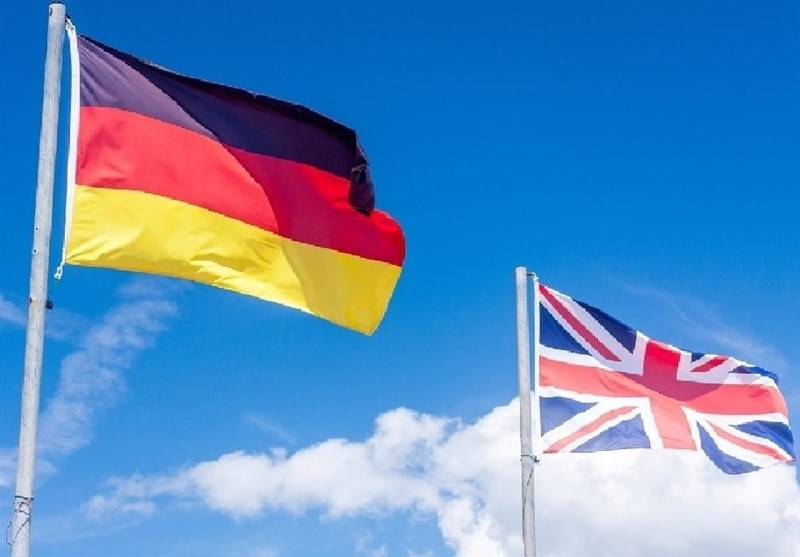
Britain and Germany have signed a new defense pact aimed at deterring Russian aggression, a move that signals a deepening of European security cooperation. The agreement, officially dubbed the Trinity House Agreement, was sealed in London on Wednesday and outlines a range of collaborative efforts in areas including joint military exercises, shared development of advanced weaponry, and the protection of critical infrastructure.
A New Era of Cooperation
The pact marks a significant shift in the defense relationship between the two countries, moving beyond traditional bilateral cooperation to a more comprehensive and integrated approach. This heightened level of collaboration is directly attributed to the perceived growing threat posed by Russia’s military activities and its aggressive posture towards Europe.
“In a more dangerous world, allies are our strategic strength, and we must do more together,” stated British Defense Secretary John Healey during the signing ceremony. “This pact is a testament to our commitment to a strong and united Europe, capable of deterring any aggressor.”
A Shared Defense Posture
Other than land forces, the pact also includes the deployment of German P-8 Poseidon aircraft, capable of detecting and destroying submarines, from a Scottish military base. These planes will patrol the North Atlantic, safeguarding vital underwater cables that carry critical data beneath the North Sea. This collaboration underscores the importance of protecting critical infrastructure from potential sabotage or disruption, which could have devastating consequences for communication and economic activity.
Advanced Weaponry and Technological Collaboration
The Trinity House Agreement goes beyond traditional military deployments and exercises, delving into the realm of advanced weaponry and technological cooperation. Both nations have pledged to jointly develop long-range strike weapons, surpassing the capabilities of existing systems like the UK’s Storm Shadow missiles. This collaboration signifies a desire to develop new capabilities that can deter potential aggressors and provide a more robust defense posture.
Furthermore, the agreement includes a joint effort to develop land-based and aerial drones. This signifies a recognition of the increasing importance of unmanned systems in modern warfare and the need to develop advanced capabilities in this crucial area.
The industrial partnership is further cemented by the planned opening of a factory in Britain operated by German defense giant Rheinmetall. This factory will produce artillery gun barrels using British steel. This initiative signifies a deep integration of the defense industries of both nations, bolstering the shared development and production of key military equipment.
A Response to Russian Aggression
The signing of the Trinity House Agreement comes against the backdrop of escalating tensions with Russia, particularly following the ongoing war in Ukraine. Both Britain and Germany have cited the increasing Russian military buildup and “repeated hybrid attacks” on Eastern European partners as key motivators for strengthening their shared defense posture.
The agreement is seen as a direct response to these concerns, signifying a commitment to deterring further Russian aggression and safeguarding European security.
Concerns and Challenges
While the Trinity House Agreement represents a significant step forward in European defense cooperation, some experts have cautioned that it is not a panacea for the continent’s security concerns. Professor Anand Menon of King’s College London noted that obstacles remain to coordination among Western allies within NATO, and some member states have not done enough to increase their military spending.
Menon also highlighted the fact that Britain, no longer a member of the European Union, is separate from the bloc’s efforts to integrate its defense industrial base, potentially hindering further collaboration on weaponry.
Despite these challenges, the Trinity House Agreement signals a clear shift in the European security landscape. It is a testament to the commitment of both Britain and Germany to bolstering their collective security posture in the face of a growing threat from Russia. The pact is a vital step in strengthening the European pillar of NATO and ensuring the collective defense of the continent.
This agreement is a clear indication that Europe is taking its security more seriously and is willing to invest in its defense capabilities to deter potential aggressors. It remains to be seen how effective this new pact will be in deterring Russian aggression, but it is a significant step in the right direction.
